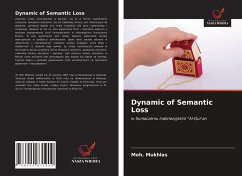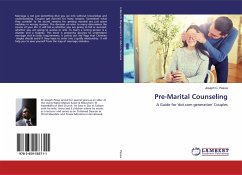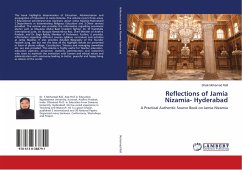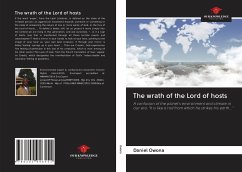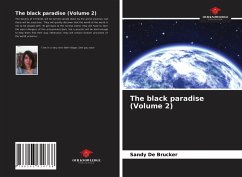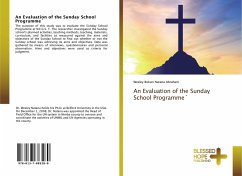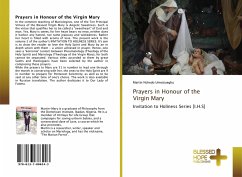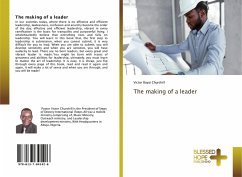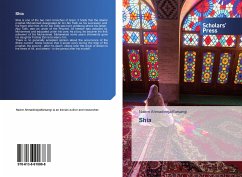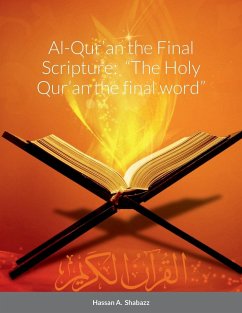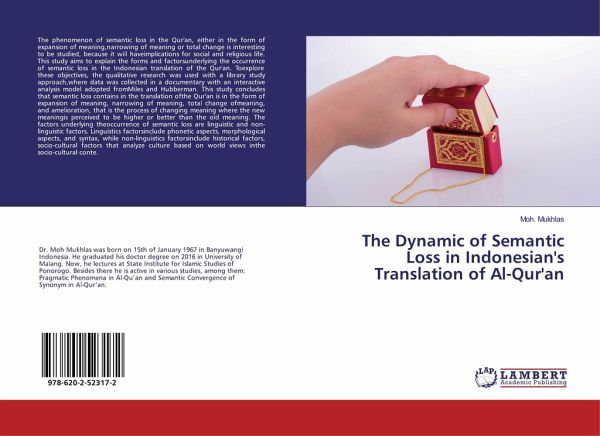
The Dynamic of Semantic Loss in Indonesian's Translation of Al-Qur'an
Versandkostenfrei!
Versandfertig in 1-2 Wochen
36,99 €
inkl. MwSt.

PAYBACK Punkte
18 °P sammeln!
The phenomenon of semantic loss in the Qur'an, either in the form of expansion of meaning,narrowing of meaning or total change is interesting to be studied, because it will haveimplications for social and religious life. This study aims to explain the forms and factorsunderlying the occurrence of semantic loss in the Indonesian translation of the Qur'an. Toexplore these objectives, the qualitative research was used with a library study approach,where data was collected in a documentary with an interactive analysis model adopted fromMiles and Hubberman. This study concludes that semantic loss c...
The phenomenon of semantic loss in the Qur'an, either in the form of expansion of meaning,narrowing of meaning or total change is interesting to be studied, because it will haveimplications for social and religious life. This study aims to explain the forms and factorsunderlying the occurrence of semantic loss in the Indonesian translation of the Qur'an. Toexplore these objectives, the qualitative research was used with a library study approach,where data was collected in a documentary with an interactive analysis model adopted fromMiles and Hubberman. This study concludes that semantic loss contains in the translation ofthe Qur'an is in the form of expansion of meaning, narrowing of meaning, total change ofmeaning, and amelioration, that is the process of changing meaning where the new meaningis perceived to be higher or better than the old meaning. The factors underlying theoccurrence of semantic loss are linguistic and non-linguistic factors. Linguistics factorsinclude phonetic aspects, morphological aspects, and syntax, while non-linguistics factorsinclude historical factors, socio-cultural factors that analyze culture based on world views inthe socio-cultural conte.



